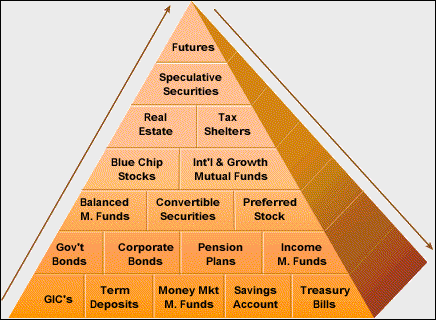This sums it up rather well. BTW, it is already illegal (or against one of the 3 letter agencies rules or something) to place an order or offer a stock that you have no intention on fulfilling at the time that you placed the order.
Quote:
Let's say that there is a buyer willing to buy 100,000 shares of BRCM with a limit price of $26.40. That is, the buyer will accept any price up to $26.40.
But the market at this particular moment in time is at $26.10, or thirty cents lower.
So the computers, having detected via their "flash orders" (which ought to be illegal) that there is a desire for Broadcom shares, start to issue tiny (typically 100 share lots) "immediate or cancel" orders - IOCs - to sell at $26.20. If that order is "eaten" the computer then issues an order at $26.25, then $26.30, then $26.35, then $26.40. When it tries $26.45 it gets no bite and the order is immediately canceled.
Now the flush of supply comes at, big coincidence, $26.39, and the claim is made that the market has become "more efficient."
Nonsense; there was no "real seller" at any of these prices! This pattern of offering was intended to do one and only one thing - manipulate the market by discovering what is supposed to be a hidden piece of information - the other side's limit price!
With normal order queues and flows the person with the limit order would see the offer at $26.20 and might drop his limit. But the computers are so fast that unless you own one of the same speed you have no chance to do this - your order is immediately "raped" at the full limit price! You got screwed, as the fill price is in fact 30 cents a share away from where the market actually is.
A couple of years ago if you entered a limit order for $26.40 with the market at $26.10 odds are excellent that most of your order would have filled down near where the market was when you entered the order - $26.10. Today, odds are excellent that most of your order will fill at $26.39, and the HFT firms will claim this is an "efficient market." The truth is that you got screwed for 29 cents per share which was quite literally stolen by the HFT firms that probed your book before you could detect the activity, determined your maximum price, and then sold to you as close to your maximum price as was possible.



